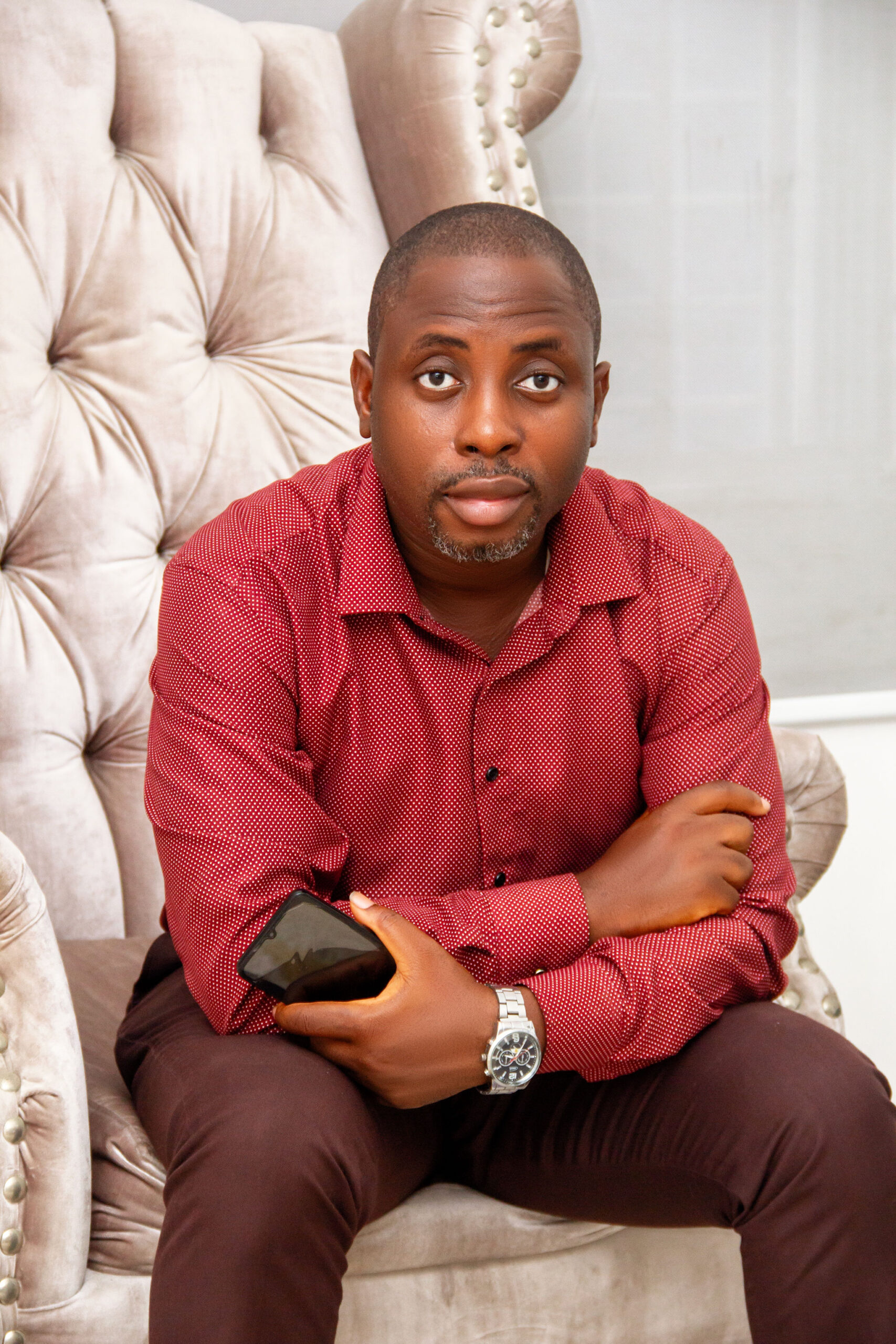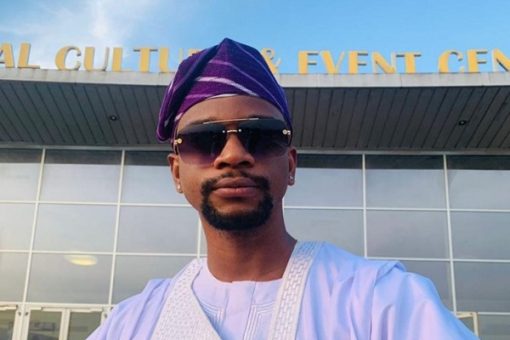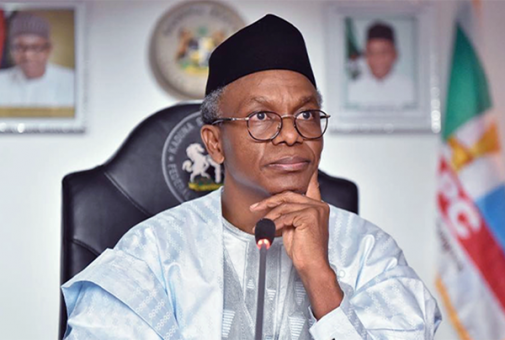
As an entrepreneur, one of the most important lessons I’ve learned is this:
There’s a big difference between “numbers” (population) and “buyer people” (those who are willing and able to pay for your product or service).
Nigeria has over 200 million people. That sounds promising for any business, right? But numbers alone do not guarantee success. A large population doesn’t always translate into a market with strong purchasing power. What truly matters is the number of people who are both willing—and able—to consistently pay for what you’re offering.
A Practical Example: Music Streaming
Take the music streaming industry. Imagine launching a paid streaming app in Nigeria, charging ₦3,000 per month. You might get 1 million downloads, which looks great at first glance. But only a tiny fraction will actually subscribe and pay consistently.
Even global platforms are affected. Spotify pays Nigerian creators less because of the low subscription rates in the country. On the other hand, creators in countries with stronger economies and high-paying subscriber bases earn significantly more from the same number of streams.
In Nigeria, Spotify charges ₦1,300 per month (about $0.82), tailored to the local economy. In Sweden, where Spotify is headquartered, the subscription fee is around $10.14.
As a result:
- Nigerian streams pay around $0.0003 per stream
- Swedish streams pay between $0.008 and $0.01 per stream
This pricing model ensures affordability for local listeners but drastically reduces per-stream revenue for artists in lower-income regions.
YouTube also pays content creators more when their audience is from higher-income countries compared to Nigerian-based audiences.
A Real-Life Social Media Case: Peller on TikTok
Let’s consider the case of popular Nigerian TikTok creator, Peller.
- He has nearly 11 million followers.
- In a recent TikTok battle, he made history with the highest-viewed post, pulling in over 260,000 live viewers.
- Yet, he lost the match to a Nigerian creator living abroad—TikTok King—who had fewer than 1 million followers at the time.
- TikTok King earned 14 million coins, while Peller earned only 4 million coins.
Why?
Because most of Peller’s fanbase is based in Nigeria, where fewer viewers can afford to purchase large amounts of coins and send gifts. Meanwhile, TikTok King’s smaller but international and wealthier audience was willing to spend generously.
This highlights a key reality:
You can have the audience, the influence, and the attention—but if the market lacks spending power, your monetization potential is limited.
Lessons from Business in Nigeria
In Nigeria, unless your service is essential—like internet, electricity, or mobile data—most people are reluctant to pay.
Even essential services are struggling. Buying power is declining. More people are cutting down on data usage or struggling to pay for monthly subscriptions.
Let’s be real:
- Most Nigerians pay for DSTV or GOTV only because of sports—especially football.
- If you remove sports content, these platforms would likely collapse.
- Many users are now unable to renew subscriptions monthly due to the rising cost of living.
- Countless PayTV platforms have launched and failed, often because cheaper or free alternatives exist.
Our Business Experience
Last year, my partner and I launched a new project. We believed in it, invested heavily, and began development. But before going fully live, we decided to consult industry experts and potential users.
The result?
We discovered that while the concept was strong, Nigeria—even Lagos—wasn’t ready for that type of service. The target audience simply didn’t have the infrastructure, mindset, or financial freedom to adopt it.
So, we made a tough but smart decision: we pivoted the idea into something more practical and affordable—something Nigerians could easily understand, access, and pay for.
That pivot saved us.
The Real Solution: Empowerment and Economic Growth
The deeper issue here is not just about business—it’s poverty.
We can’t expect people to spend on services or entertainment when they’re struggling to afford food, transportation, and rent. People aren’t rejecting your product because it isn’t good—they simply can’t afford it.
If people have good jobs and stable incomes, they will naturally spend more.
So, what’s the solution? Empowerment.
- Create more job opportunities
- Support local businesses
- Invest in education and vocational training
- Promote entrepreneurship
When people earn well, they spend confidently—on streaming, tech, education, subscriptions, and more. A strong economy benefits every business sector.
Final Thoughts: Key Takeaways for Entrepreneurs
- Don’t be deceived by population size. Focus on spending power and consumer behavior.
- Validate your product idea with real feedback before heavy investment.
- Be flexible and ready to pivot. Good ideas must fit market realities.
- Market education takes time and money. If your product needs educating, be patient—or simplify it.
- Solve essential problems first. Nigerians are more willing to pay for solutions related to basic needs, convenience, or social status.
- Support systemic solutions. Long-term success comes from a stronger economy, more jobs, and empowered consumers.





